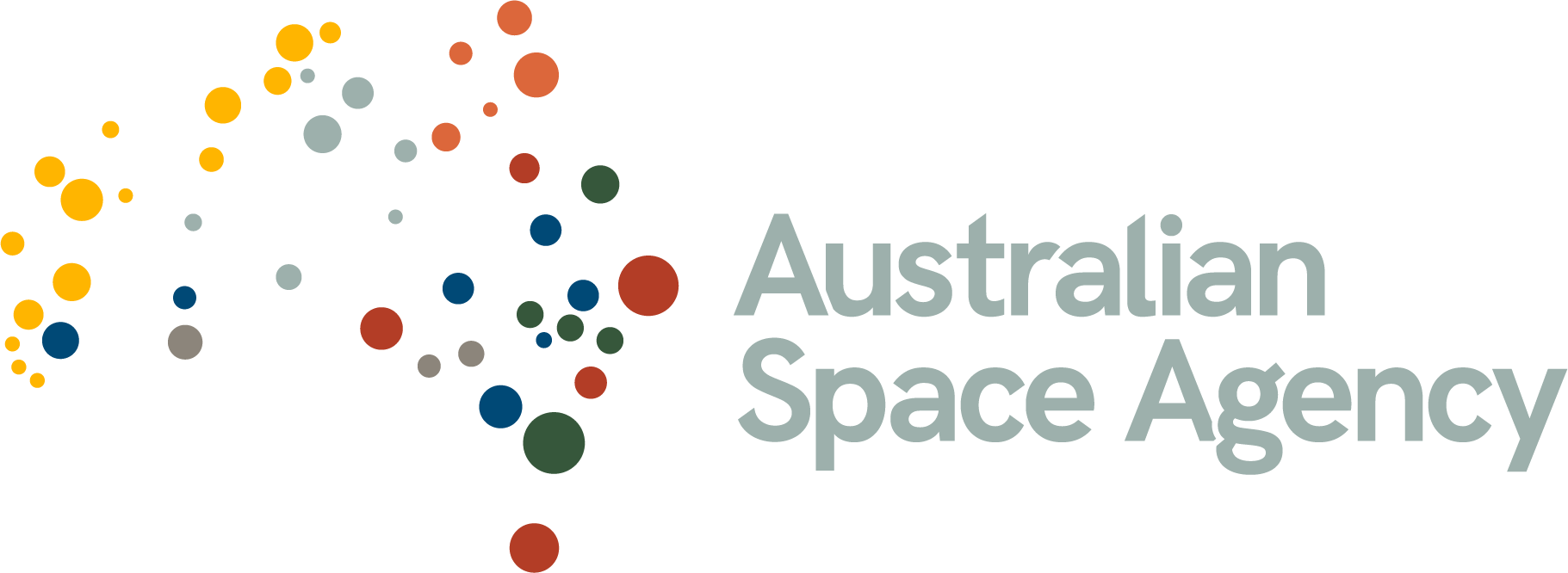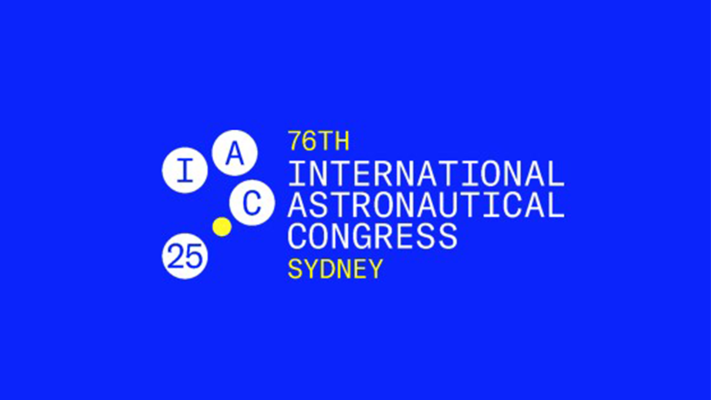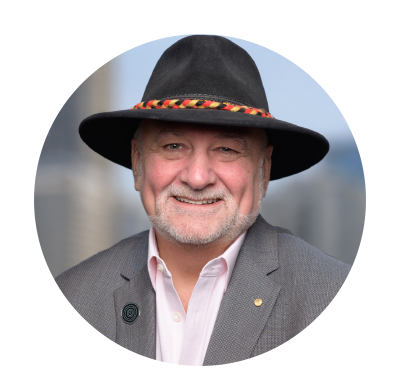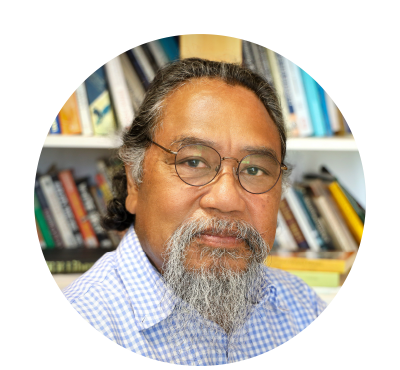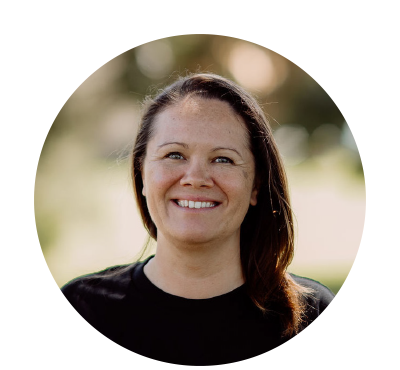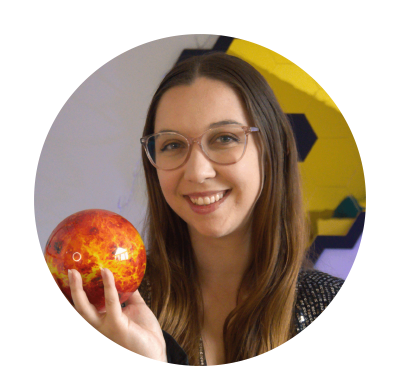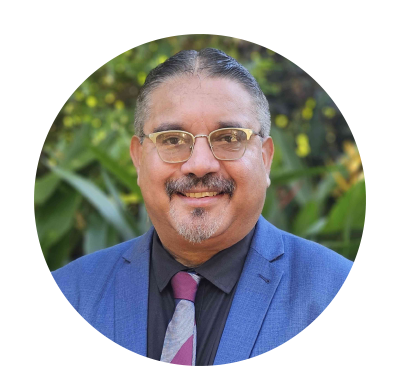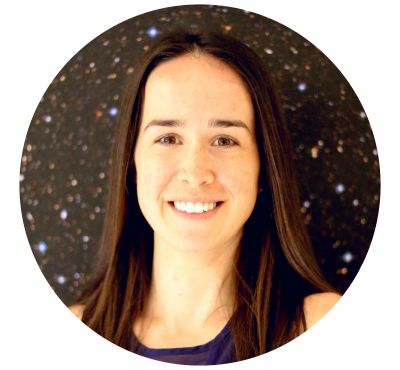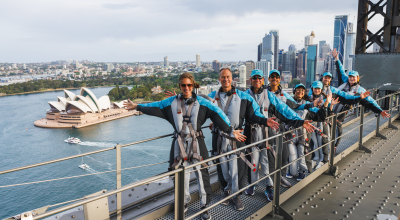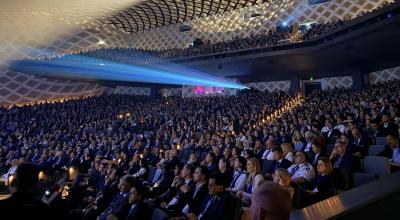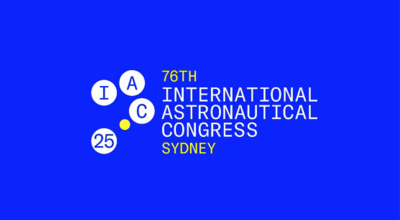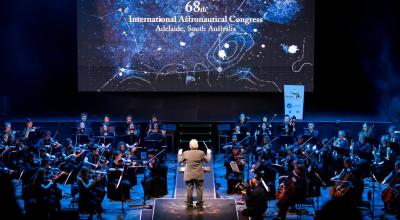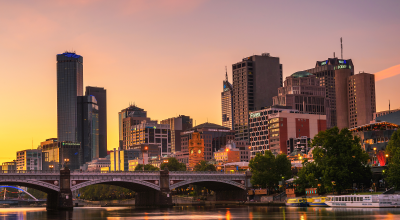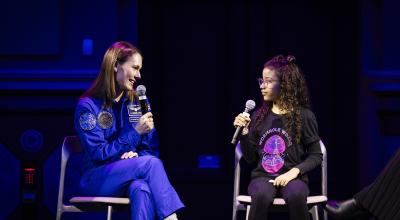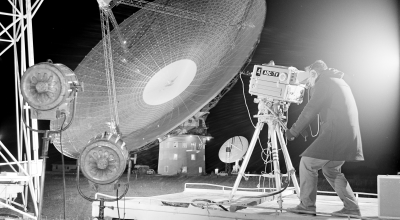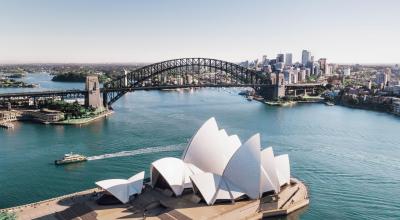Elevating Indigenous knowledge systems will take centre stage at the upcoming 76th International Astronautical Congress (IAC 2025) in Sydney.
The Australian Space Agency has commissioned five First Nations leaders to help mould the Host Plenary at what is the world's leading space event.
This first-of-its-kind session is titled “Beyond integration: Building Earth-Sky Knowledge Infrastructure for Co-discovery in Space and Sustainability.”
It will explore how Indigenous perspectives can inform sustainable space practices and foster co-discovery between Indigenous knowledge systems and Western science.
The advisors that are designing the session are:
• Professor Deen Sanders OAM
• Professor Martin Nakata
• Mikaela Jade
• Dr Kirsten Banks
• Professor Reuben Bolt
The session will also feature two Indigenous thought leaders from overseas, who will share their insights. The speakers are:
• David Perenara O’Connell, Te Waipounamu, New Zealand
• Laurie Rousseau-Nepton, Mashteuiatsh, Canada
The Agency is committed to honouring and celebrating the knowledge, culture, and enduring legacy of Australia’s First Nations people — the world’s first astronomers.
Elevating Aboriginal and Torres Strait Islander knowledge is one of five national science and research priorities for Australia.
The Host Plenary at IAC 2025 will be an important opportunity to ensure that Australia’s rich First Nations astronomy traditions — and the voices of today’s First Nations space leaders — are woven into the conversations shaping the future of space.
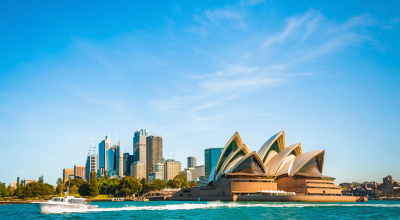
Get involved
Be part of the world’s biggest space event in Sydney starting Monday 29 September.
Meet the First Nations advisors
The Agency would also like to acknowledge Dr Terri Janke, Solicitor Director at Terri Janke and Company, who also provided advice during the foundational work for this year's Host Plenary at IAC 2025.
Professor Deen Sanders OAM Worimi Giparr (Elder) from mid North Coast NSW, freshwater/saltwater people. He is a Professor in Law, with PhD’s across multiple disciplines; recipient of an Order of Australia; and is globally recognised as an Indigenous Leader with expertise in issues of climate, equity, ethics, space regulation, and humanity's future.
He is an independent expert with his own consulting practice, an academic with Newcastle University, and Special Counsel for Deloitte. Professor Sanders has a range of other Board, government, and community roles, while also representing Australian Indigenous leadership in the World Economic Forum as Co-Chair of the Forum’s Global Future Council on Natural Capital and Global First Nations economics.
The Elder is a positive voice for Indigenous science, knowledge, and culture, and is convinced that respecting Indigenous leadership and knowledge is the basis for a positive future for the nation, humanity and the planet.
Professor Martin Nakata AM is a distinguished Torres Strait Islander and Deputy Vice-Chancellor, Indigenous Education & Strategy at James Cook University.
He is a leading scholar in Indigenous Education, Indigenous Knowledge Systems, and Indigenous Studies in Australia. His ongoing research projects include two longitudinal studies of the academic preparation of Indigenous students for university studies and the academic performance of Indigenous school students in Math and Science.
Professor Nakata is widely published on Indigenous matters and has provided over seventy keynote and plenary addresses to professional conferences in over twenty countries.
Mikaela Jade is a proud Cabrogal woman of the Dharug-speaking Nation of Sydney. She is the Founder and CEO of Indigital, a majority Indigenous-owned and managed social enterprise she founded to connect Indigenous knowledge with the potential of future technologies.
Ms Jade works with the mining, renewables, and technology sectors to build partnerships with Indigenous communities that put people and Country first. Indigital’s approach combines culturally grounded co-design, social reciprocity, and collective action to create spaces for genuine dialogue and respect, always guided by Indigenous ways of being, doing and knowing.
Nationally and internationally recognised for her leadership, Ms Jade is known for building trust across sectors and bringing Indigenous perspectives to the forefront of transformative innovation and meaningful systems change.
Dr Kirsten Banks is a passionate astrophysicist and Lecturer at Swinburne University of Technology.
She is working with the ARC Centre of Excellence for Gravitational Wave Discovery (OzGrav) to connect cutting-edge research with the public.
With a PhD in astrophysics and proud Wiradjuri heritage, Dr Banks offers a unique perspective in her science communication.
She is known to captivate audiences worldwide with her enthusiasm, fun facts on social media, and leading workshops to inspire wonder in people of all ages.
Professor Reuben Bolt is the University of Sydney’s Deputy Vice-Chancellor (Indigenous Strategy and Services).
He is a descendant of Yuin/Wandandian and Monaro/Ngarigo peoples with more than 25 years of experience in Indigenous education, research and leadership.
In 2024, Professor Bolt was appointed to the National Science and Technology Council, where he advises the Prime Minister and Cabinet on science and technology – becoming the first member of Aboriginal heritage to hold this position.
He has previously held the position of Deputy Vice-Chancellor First Nations Leadership at Charles Darwin University.
Meet the session's international speakers
The dialogue at the Host Plenary will illustrate how weaving Indigenous knowledge with Western science can help us better understand and protect space for future generations.
The Australian Space Agency extends its profound gratitude to David Perenara O’Connell and Laurie Rousseau-Nepton as well as the New Zealand Space Agency and the Canadian Space Agency for their support in this important dialogue.
David Perenara-O’Connell is Chair of Tāwhaki Joint Venture and has been involved since its establishment. He has a deep interest and understanding of tribal creation stories, Māori astronomy, navigation and tribal whakapapa (genealogies) having been raised, nurtured and guided by tribal kaumatua (elders) for most of his life.
In his roles with Ngāi Tahu (a governing Māori tribal council of Te Waipounamu, New Zealand) and Te Taumutu Rūnanga (a sub-tribal council) DAvid advocates for the cultural heritage, identity, development and wellbeing of his community, helping preserve and promote Māori traditions and values, and advance Māori economic independence and prosperity.
Laurie Rousseau-Nepton is an assistant professor in the David A. Dunlap Department of Astronomy & Astrophysics at the University of Toronto and the Dunlap Institute for Astronomy & Astrophysics.
She is currently leading an international project called SIGNALS (Star formation, Ionized Gas, and Nebular Abundances Legacy Survey) which sampled more than 50,000 star-forming regions in 40 nearby galaxies. Laurie is also dedicated to developing a new way to do science where the local cultures and the diversity of world views become an important part of teaching and research.

Get involved
Be part of the world’s biggest space event in Sydney starting Monday 29 September.
